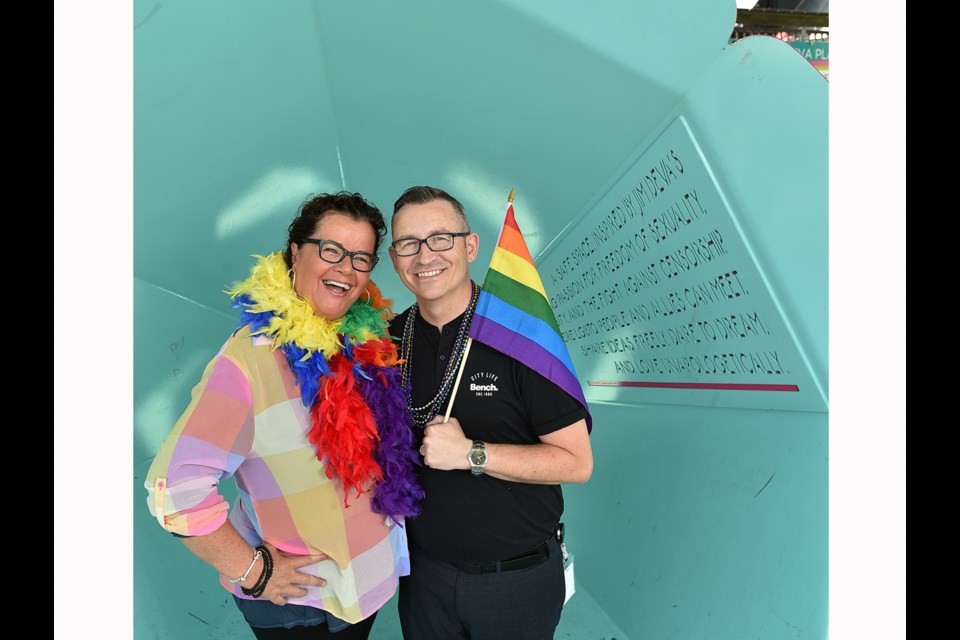Should the Vancouver Police Department be allowed to march in the Pride Parade?
Should VPD members be allowed to march in the Pride Parade if they don’t wear their uniforms?
Should Black Lives Matter be allowed to influence the Vancouver Pride Society?
Is Pride too white?
Has the Pride Parade become “too corporate?”
Is the city’s “Year of the Queer” more of an insult than an accolade?
Will that “Foreskin Pride” dude be marching again in the Pride Parade in only his turtleneck?
Can’t we all just get along?
If comments on social media are any indication, when it comes to the politics of Pride, this has been a tough couple of years for the Vancouver Pride Society. In response, some long-time parade-goers are stating publically that they will not be participating or even watching the event this year. The issue of whether the VPD would be allowed to take part prompted much of the discussion.
It was the organization Black Lives Matter that questioned the VPD’s decades-long involvement in the parade. Lines were drawn between many “elders” in the community who had enjoyed good relationships with the police and younger members who feel members in uniform are symbols of violence and oppression. In response to the lengthy Q&A posted on the Vancouver Pride Society’s website about its decision, the comments are often critical.
VPD media spokesperson Sgt. Jason Robillard confirmed some members of the VPD will be walking in the parade this year but as part of the city’s contingent — and not in uniform. Instead, VPD members will wear T-shirts similar to ones worn by volunteers and civilian members in previous years.
Discourse aside, the Courier turned to prominent members of Vancouver’s LGBTQAI2S+ community to ask two questions, “What does Pride mean to you?” And, “What has life taught you about inclusion?” (No one from Black Lives Matter responded to a request to participate in this story.)
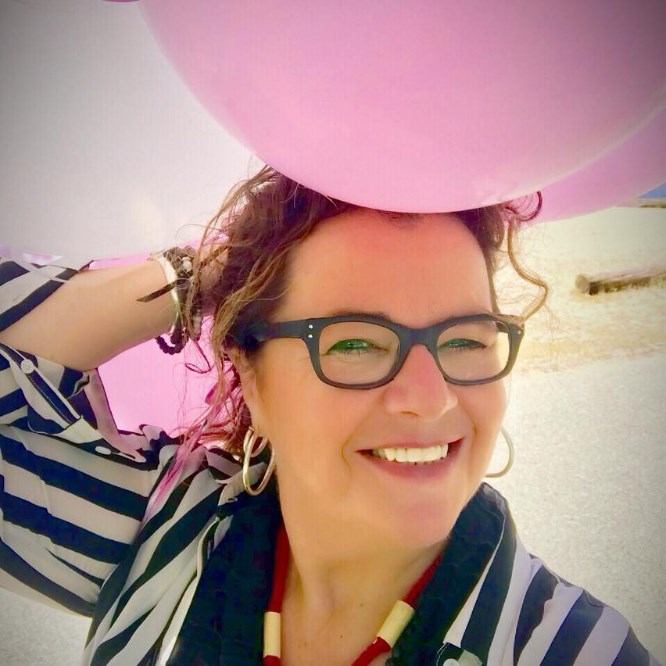
Barb Snelgrove
Community advocate, media personality, member of the Q Hall of Fame Canada
All humans possess the ability to feel Pride. Just not all of us have had to fear for our safety because of it. Within the LGBTQ2+ community, Pride is a well-worn word, wrapped up in far more meaning than it may to the average heterosexual. Our Pride started in anger, yet now in many places around the world it is a day, week or even month of celebration. But any way it is looked at, it is still at its core a call to action. So when I think of Pride as a gay woman — my preferred “label” — PRIDE is in capital letters.
In my opinion, PRIDE celebrations aren’t so much about being proud of the fact that we happen to be queer. PRIDE to me is about NOT being made to feel shame for who we are. Our PRIDE is about not letting others dictate to us our self-worth based on our sexual preferences. PRIDE is about standing up to those who would downplay our love and relationships as somehow less valuable. PRIDE is taking ownership of ourselves as equal to those who would belittle us, loving unapologetically, and celebrating our gloriously diverse community.
PRIDE is a badge of honour for those who fought (physically or verbally) and marched so that we can enjoy the most basic of human rights and equalities. PRIDE is the bravery it takes to put on even the smallest parade in a location where doing so may get you brutally attacked, jailed, or even killed and yet they still march, defiant and PROUD. PRIDE is empowering and continuing to work to end ALL violence against ALL LGBTQ2+ peoples — EVERWHERE. Our PRIDE envelops us in celebration of our chosen family and a community of acceptance and love. Our PRIDE unites us against the hypocrisy and hate and it fuels the need to rise up and show the world why we are PROUD.
So we don’t hide our PRIDE, indeed (to many) on parade day it may seem like we revel in it. We do so in recognition of where we have come from so that we can have a Pride Day celebration. We rejoice in PRIDE publicly because we FINALLY CAN. And we celebrate PRIDE in the hope that those who can’t do so, no matter where they are, may read or see the masses celebrating diversity and inclusiveness — so that one day maybe their PRIDE will be able to shine as it should. In my world PRIDE is not a noun or a verb, it is a MOVEMENT.
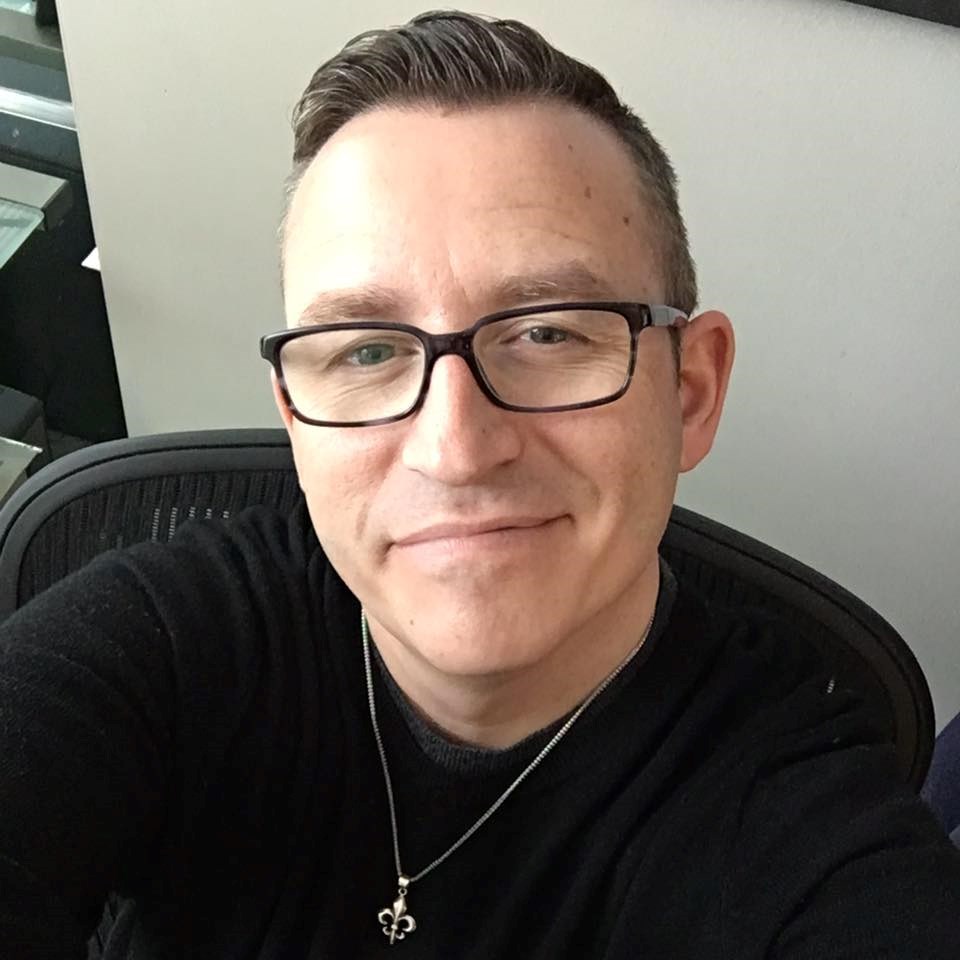
Colin McKenna
President of the Vancouver PFLAG Chapter (Parents, Families and Friends of LGBTQ2+)
To me, Pride means three things: Education, advocacy and activism. Pride means educating others, helping them understand we did not simply make a choice to be LGBTQ. It has nothing to do with one’s religion, with one’s upbringing or with one’s mental state. Pride is an opportunity to ensure that others understand this simple thing. Pride means advocating for those whomay not be able to advocate for themselves.
There are a great many who are marginalized within the LGBTQ community and without voices to support them; their stories are never heard. A rare few understand the significance of Stonewall, arguably the birthplace of the modern Pride movement and an even rarer few understand that transgender [persons of colour] were at the forefront of the event.
Pride means activism, in that we have an obligation to ensure that human rights are not stripped from those who can easily be labelled as inhumane. We march for those who need our voices. We are the ones who can do something to change policy. Life’s lessons about inclusion run deep within my own family. I have a mother who fully embraced me for me and has become a well-known face for others in the community who don’t have that support at home. I’ve also been saddened by some within my own family who decided I was no longer welcome. I have seen the power of inclusion through the example of a loving parent, which is something I want to ensure everyone is able to experience.
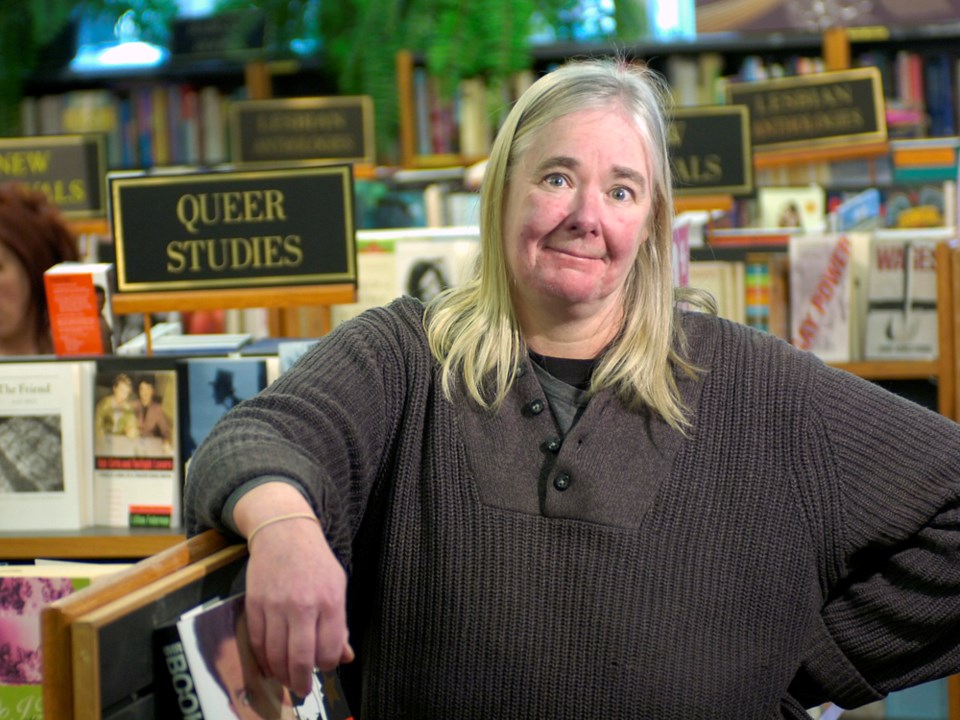
Janine Fuller
Former manager of Little Sister’s Book & Art Emporium, anti-censorship warrior, author and playwright and member of the Q Hall of Fame Canada— among her many awards and accolades
“I’ll be participating in the Pride Parade this year because the police are not part of it,” says Fuller, adding most people have no idea what persons of colour go through every day of their lives. “[The police] have a long history of harassing people and not just of colour.”
Fuller says growing up in Toronto she witnessed firsthand the infamous bathhouse raids by police in 1981, a pivotal moment in the gay-rights history of that city.
“I grew up watching police harassing people of colour,” says Fuller. “People think the reality of the U.S. is not the same here, but we need to look at what’s happening because inclusion is important and Pride without inclusion is not worth celebrating.”
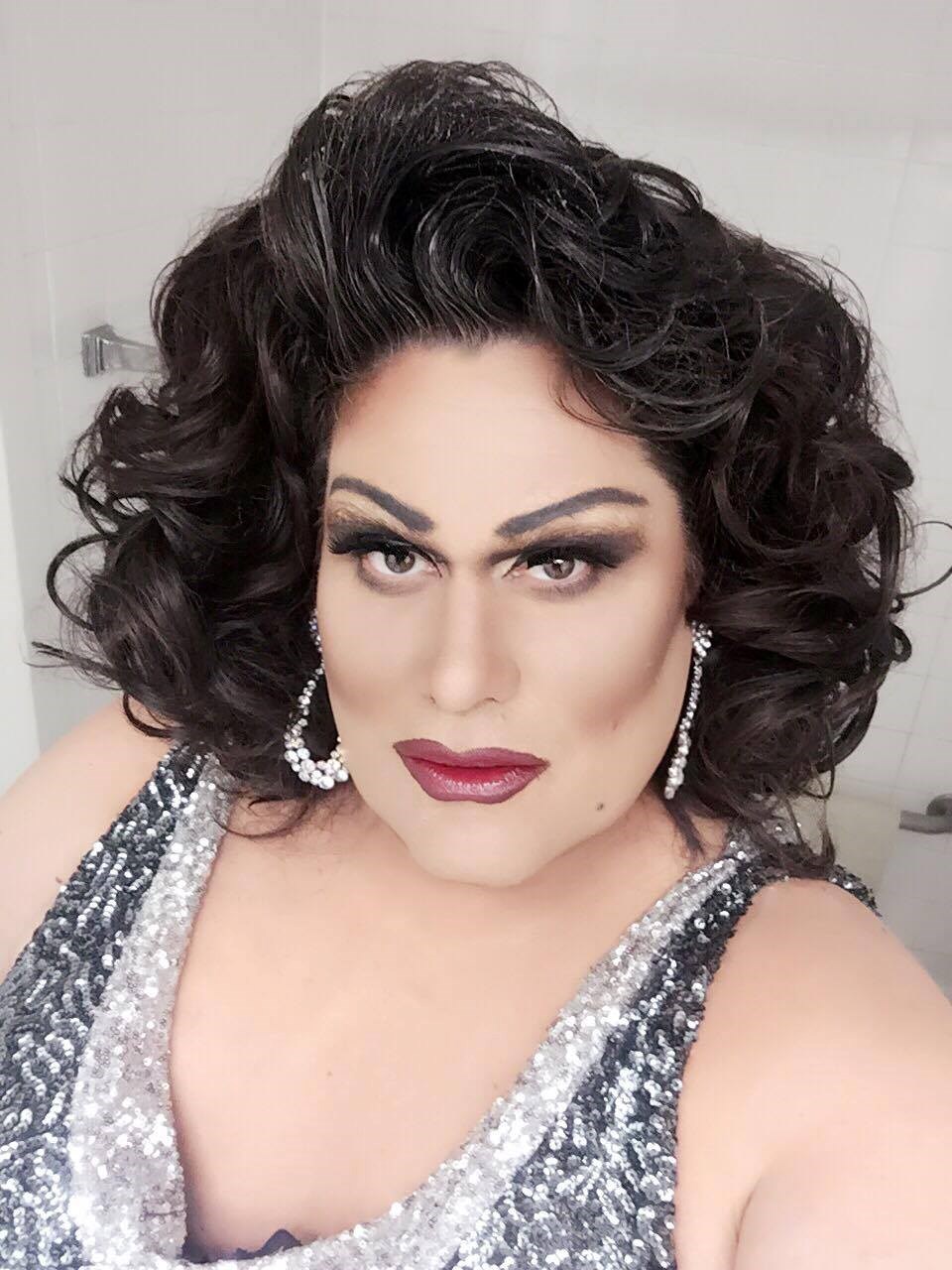
Robert Kaiser aka Joan-E
Community advocate, performer, recipient of the Queen’s Golden Jubilee for volunteer work, member of the Q Hall of Fame Canada
Pride means: Protest, pioneers, heroes, advocacy, power, equality, freedom, sexuality, gender, celebration, expression, tradition, commemoration, unification, diversity — in all its forms, family, friends, allies, colleagues, seniors, kids, arts, sport, faith, health, charities, healing, harmony, belonging and passing the torch to our leaders of tomorrow. Inclusivity at Pride means that the most marginalized person who shows up, one who not only feels like an outsider, but arrives knowing no one, is welcomed, befriended and made to feel valuable and appreciated.
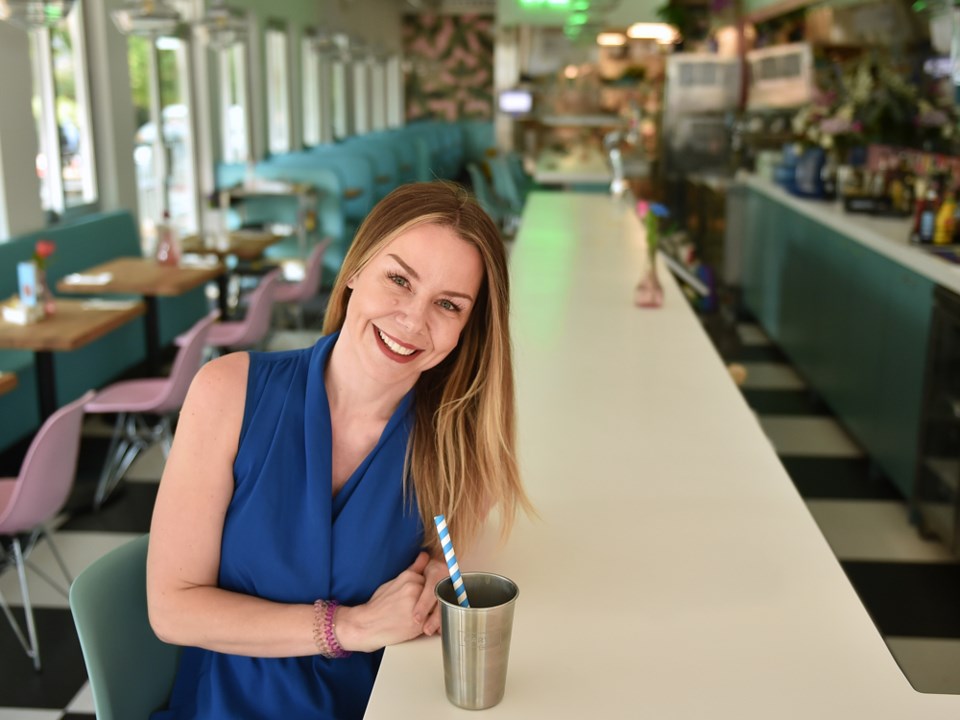
Astrid O. Lalonde
Educator, queer rights advocate — and an owner of Mary’s on Davie
When I first moved to Vancouver, Pride — or the fight for inclusivity — wasn’t yet embedded in my world. But as my life has unfolded, Vancouver’s LGBTQ2+ communities have become essential to the person I am today.
The friendships and relationships that have defined my life, my passion and my work intersect at the fight for equality and celebration. The Davie Village taught me the meaning of Pride. It is fearless individuals who come together to boldly live their truth. This has fuelled my philosophy that all individuals have the unequivocal right to be who they are. We all share the desire to be loved, to belong and to be seen — and that is immensely greater than all our differences combined. This Pride, I am more inspired than ever to march in solidarity and gratitude with queers from Vancouver and around the world. I could not imagine my life any other way. I do the work I do because I am forever grateful to this community for shaping me into the person I am today.
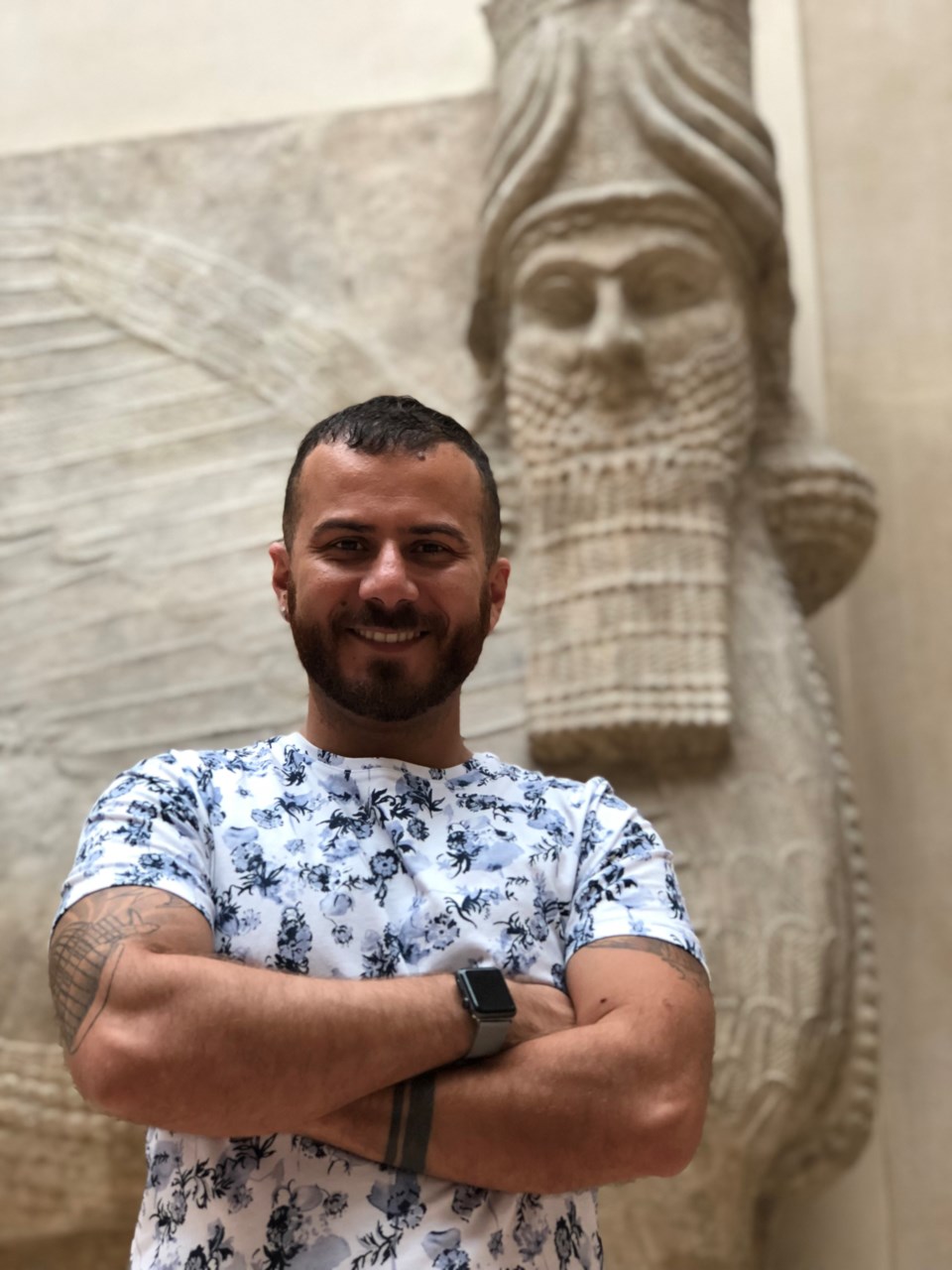
Syrian-Canadian author, public speaker, storyteller and an LGBTQ-refugee activist — author of, The Clothesline Swing, director with the Vancouver Pride Society
Pride is a space of balance between a celebration and a protest. I honestly believe both are equally important. We should celebrate our marginalized identities openly to receive the love of the community around us and affirm our true selves to the world around us. It's also a protest to protect those rights we have worked hard, generations upon generations, to accomplish, as they're so easy to be lost again in our current political climate, as well as to remind our mainstream community that our siblings around the world still face punishment and death due to our shared sexual orientation and gender identity.
I have to say that inclusiveness comes with maturity — with understanding the world around us better and empathizing with the challenges others face. I do not know what it means to face some challenges in life, like physical disability or mental health issues, but I have learned that not knowing those challenges doesn't mean they don't exist, it means that I have to actively participate in supporting those facing those challenges to ensure we're all standing on the same level as we walk together as a community.
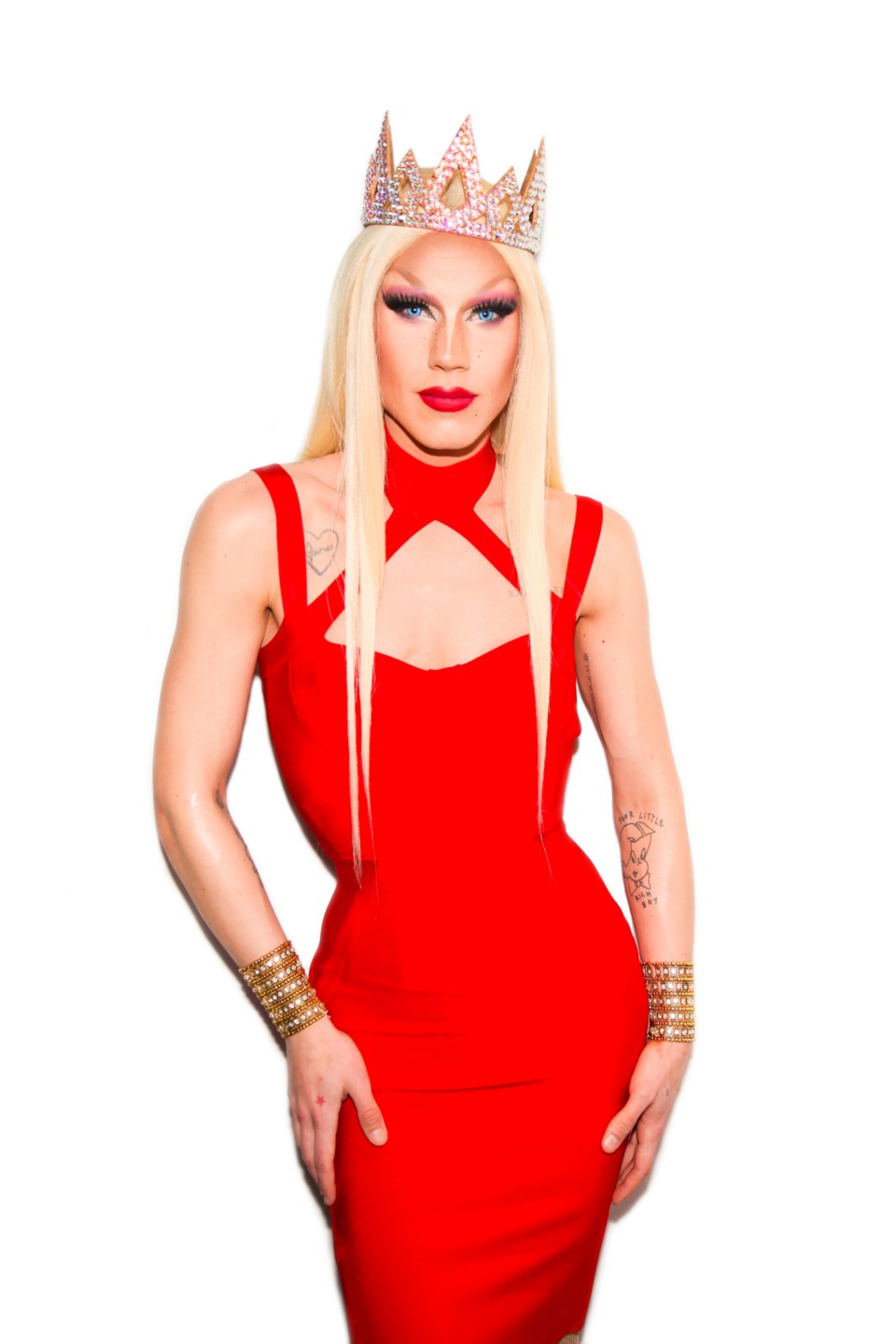
Jane Smoker
Drag royalty, DJ, promoter and member of Vancouver-based drag troupe Bratpack
Pride is a time to celebrate, to reflect and to empower! It’s to celebrate who you are and not be afraid to show that person off to the world. It’s a time to reflect on our history and recognize how far we have come while honouring the pioneers who fought for us when it was so much harder to do so. And finally, to empower each other to stay true to ourselves no matter how many groups are opposed to us. Overall, it’s the biggest clap back to the haters.
If you try and silence us, we just get louder every year — all while looking amazing and having the time of our lives with chosen family. As someone who has been shunned by a religion based on my sexual orientation, I have felt first-hand how lack of inclusion hurts and being gay is only the tip of the iceberg for minorities. Our Trans community members, [persons of colour] and more have it much harder and it’s our job to all band together to make everyone feel included in one love-filled umbrella.
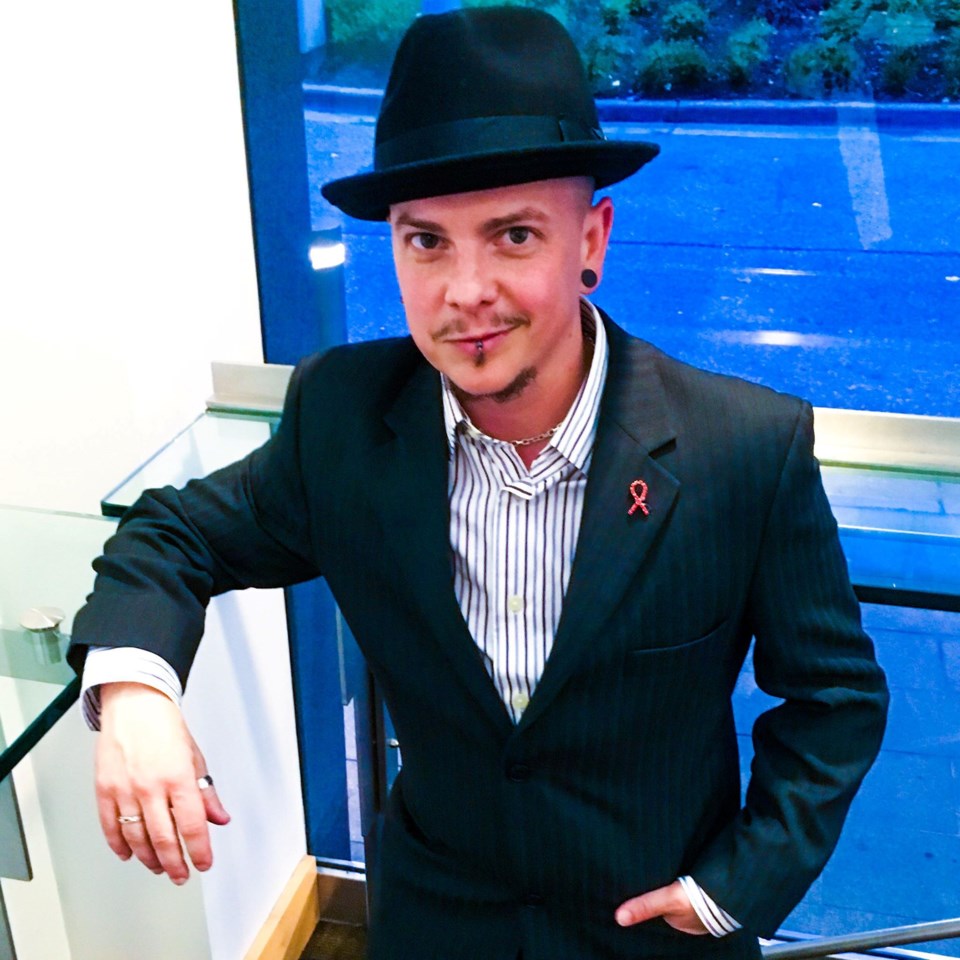
Ryan Hunter
Co-founder and director of Saige Community Food Bank— a no-barrier, trans and gender variant safe space, food bank, open to all
What does pride mean to me?
Celebration: celebrating and recognizing the love between all genders and sexualities. To be able to acknowledge love is love and fully accept it in all its forms inside and outside our regular communities.
Community: to rejoice with the people around us. To learn, to nurture, to open our eyes and our hearts to the differences between us all and learn to accept them and love them.
Remembrance: remembering the ones no longer with us, the ones who fought hard, died young, and gave their lives for our freedom of simply loving another human being and feeling that it is safe and accepted to do so.
Gratitude: thankful for living in a time and country when I can be who I am — and be proud of it. To stand next to brothers and sisters and the whole spectrum in between — to laugh, dance, cry, love, make new friends, mourn past ones, sing and hug strangers just to celebrate we are alive.
Colour: Kings, queens, balloons, glitter, sequins, boas, smiling children with face paint, elders waving rainbow flags. The colours of life — not just alive — but now also learning to live.
At a young age my parents were very caring and were foster parents. My brothers and I were always taught to care for those in need and to give to the less fortunate. That part of my heart only grew bigger when I moved to Vancouver. Seeing the gaps within the queer communities was heartbreaking. So many people alone and hurting and it was heart breaking. I've learned that a smile is infectious no matter who is wearing it. I've learned that kind words can change a person’s day. That, until you have walked in another person’s shoes, you have no idea what they have been through or have any right to judge them by their actions or reactions.
We are all human. We all seek acceptance, comfort, love, safety, happiness and companionship. If you break down the basic emotional needs of a human and THEN look past all that to the personal details on the outside I believe connections would be easier to make. Every human deserves a chance at forgiveness, at making connections, at being a part of something bigger than themselves that makes them feel a part of something too. Inclusion is in all of us to give — as simple as a hug to the person beside you.
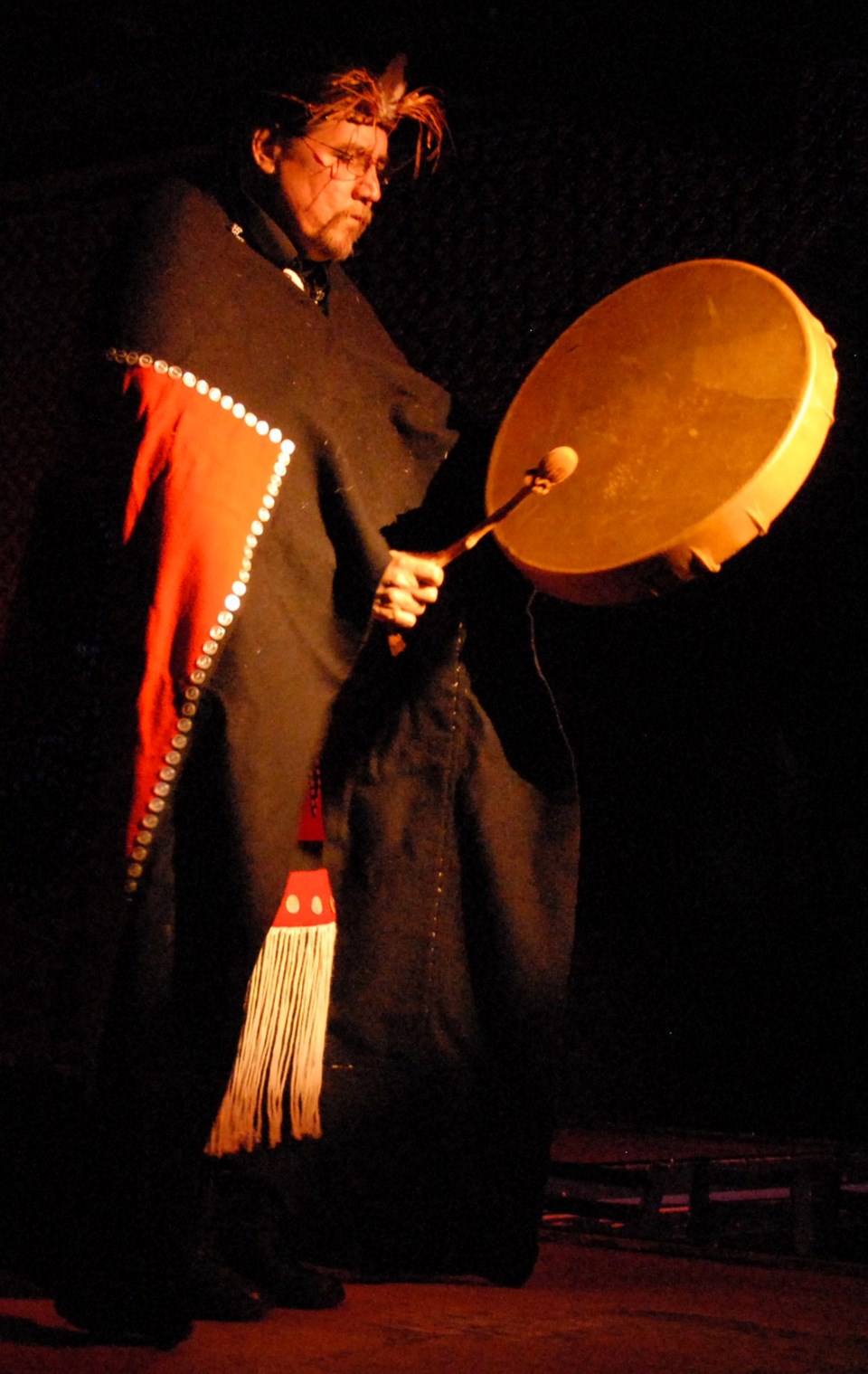
Al (Al asked that his last name not be used due to cultural sensitivity.)
Two Spirit member and community advocate
To answer this question fairly, I must be direct. Pride to me, means, that I am content with the struggles I have endured, bringing me to the peaceful stand I take today. Over the many years, the struggles became real, when dealing with who I am — NOT what I am. I have always maintained, that I am worthy of loving myself as I am. All my life, I knew I loved differently than others. Called names, suffering bullying, I have overcome a great deal of trauma, just to be myself. Today, I work with Greater Vancouver Native Cultural Society, created to overcome racism in the very community I would hope to belong to.
Suffering once more, through the gay community at large, I was happy to learn of this Two Spirit community created for Two Spirit people to be loved just as we are. I still work with other communities that claim they have no prejudice, yet, I have learned that to be included I have to yield to their way of thought. I stand on my principles and now cautiously join in where I feel welcomed, not for what they can get from me, but for just wanting me as I am. The youth today, really have it easy as it's become more acceptable for being Lesbian, Gay, Bisexual, Transgender, Queer, Two Spirit PLUS individuals of the community at large. Many pioneers are to be revered, and I am thankful for their courage to pave the way for all of us.
@sthomas10
